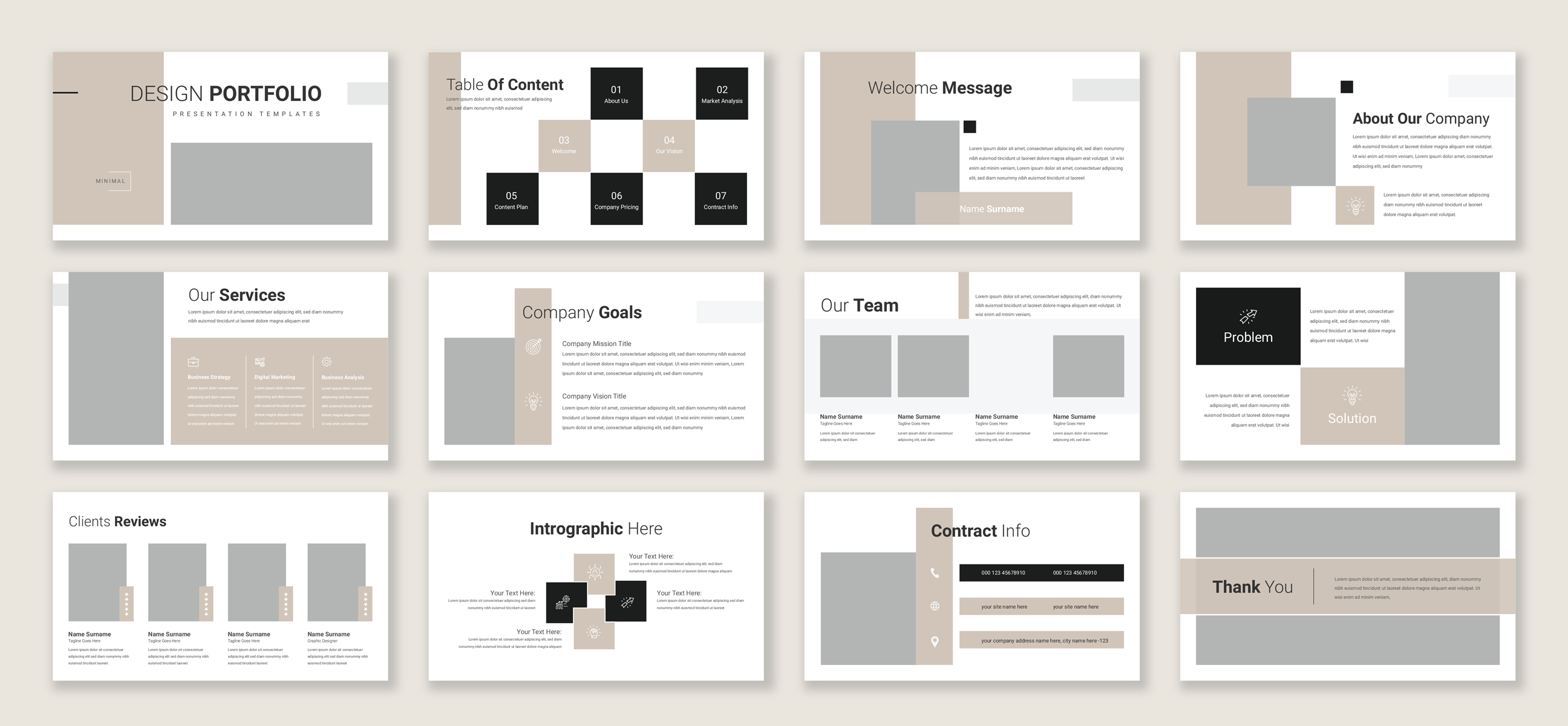
There’s nothing quite like watching a great sales deck do its job becuase when done well, it moves a prospect from curious to convinced.
Unfortunately, most sales decks are bloated, disorganized, jargon-heavy, and worst of all, designed to please internal stakeholders, not actual buyers.
At Isthmian Group, we help our clients develop pitch decks that sell. Not just because they look nice (and they should), but because they tell a sharp, strategic story that speaks directly to the prospect’s pain points, priorities, and path to a decision.
Why Most Sales Decks Fail
The biggest mistake we see? Too much about you, not enough about them.
Your deck isn’t a company history lesson. It’s not a service catalog. And it’s not a slide version of your website. A great deck is a guided conversation; a narrative designed to build trust, align on a problem, and offer a credible, compelling solution.
5 Essentials of a High-Converting Sales Deck
1. A Strong Opening Hook
Start with their world, not yours. What problem are they facing? What pressure are they under? The first 2-3 slides should show that you get it, and set the groundwork for a conversation.
2. Clear, Visual Messaging
Each slide should make one clear point, supported by visuals, data, or a short line of copy. Skip the paragraphs. Avoid the walls of bullet points. Show your audience what matters... and keep it moving.
3. Tailored Solutions, Not Features Lists
Prospects don’t want to know everything you do. They want to know what you can do for them. Build versions of your deck tailored to specific industries, pain points, or decision-makers. Show outcomes, not options.
4. Social Proof That Feels Real
Include quick case studies, testimonials, or metrics that demonstrate impact. Don’t just name-drop logos, share short, relevant stories that mirror the prospect’s challenges.
5. A Clear, Confident Close
Wrap with a summary slide and next steps. Whether it’s a follow-up meeting, a proposal, or access to a sample, make it clear how they can move forward, and what they can expect if they do.
Bonus Tip: Make It Easy to Share
Remember, the person you're pitching may not be the only one reviewing the deck. Make sure your materials are legible, self-explanatory, and free from insider lingo. A strong deck should stand on its own when forwarded to other decision-makers.
The Bottom Line
A great sales deck is a tool, not a trophy. It’s not about dazzling design or clever taglines, it’s about clarity, confidence, and connection.
Whether your team is pitching in person, on Zoom, or via email, your deck should:
- Speak directly to the buyer
- Highlight real outcomes
- Build trust through structure and storytelling
- Make next steps easy and obvious
Need Help Building a Better Deck?
We build custom sales materials that actually close: from pitch decks and one-pagers to objection-handling sheets and case study templates. Whether you’re launching into a new market or refreshing an old system, we can help you craft tools your sales team will actually use because they work.
Let’s help your team reach their potential.





